LatAm Dispatch: From Inflation Hedge to Economic Engine, Crypto Powers LatAm’s Financial Revolution
Emerging markets are adopting crypto at a faster rate
%20(1).png)
Updated November 6, 2025
A few years ago, something unexpected happened: central bank money printers went brrrr and global fiat currencies were devalued at the same time. In Latin America, as elsewhere, people found a store of value in cryptocurrencies.
Take Argentina, whose economic whiplash is a lesson in extremes. The IMF projects consumer price inflation to rise around 41.3% in 2025. Still punishing, but a far cry from the triple‑digit levels of 2024.
These unique economic conditions have meant that Latin Americans have approached crypto differently than much of the rest of the world: they use it to hedge against inflation and drive real economic activity. Crypto adoption in Latin America has grown 63% year over year in 2025, according to Chainalysis, second only to Southeast Asia.
Why is that? To use a term of art: product-market fit.
In Latin America, there are many conditions at play: a canyon-sized gap in the quality of life between major cities and the countryside; neo-aristocracies leftover from the Colonial era that make upward mobility rare; runaway inflation that stretches one US dollar further than you’d imagine; informal economies that make it impossible for participants to access formal financial services; banking oligopolies; and a vanishingly small appetite for seed funding from blue-chip VCs.
This list makes it seem like Latin America is homogenous, when it is very much not. While some of these challenges cross borders, Latin America is a region of regions. And those regions have regions. The crypto and fintech startups that have had the greatest impact are those that understand the particular community they’re serving.
Here are some of the Latin America-based projects building building concrete solutions to long standing problems, integrated on Polygon.
Avenia and BRLA: A stablecoin‑native bridge between local rails
Brazil’s instant payment system Pix and Mexico’s SPEI have transformed domestic commerce.
Avenia provides money-movement infra, integrated on Polygon, that connects Latin America to the world, connected with local payment systems. It is stablecoin-native, using its BRLA token, backed 1:1 with Brazilian real reserves, for efficient cross-border settlement.
In October 2025, Avenia processed $106.9M stabelcoin payments one Polygon, an increase of $86.6M month over month.
Businesses can plug into Avenia’s API for instant, cost-efficient payments, while customers can use BRLA on Polygon and several other networks.
Blindpay: A plug-and-play API for instant payouts
Businesses wanting to integrate blockchain payments without building infrastructure can use BlindPay.
Its API enables global payments via fiat money, stablecoins, and multiple blockchains, handling compliance on behalf of clients. BlindPay emphasizes instant on-ramps and off-ramps, low fees, and suitability for payroll, merchant settlement, and remittances.
In Q3, BlindPay saw $198.7M in volume, delivering 91.7% QoQ growth.
Bitso: Remittance powerhouse of the US-Mexico corridor
Bitso, a giant in Latin America’s crypto scene, plays a major role in the US-Mexico remittance market.
In 2024, Bitso processed over $12 billion in total transactions, a 90% year-over-year increase. In fact, Bitso Business managed more than 10% of all remittances between the United States and Mexico, processing more than $6.5 billion that year.
By using Polygon for fast, low-cost transfers, Bitso shows how stablecoins can make cross-border payments cheaper, faster, and more transparent.
Lemon Cash is a crypto wallet with a twist
Argentina’s runaway inflation has produced a unique phenomenon: the dólar azul, or blue dollar. Restricted access to foreign currency means informal exchange rates often reach twice the official forex rates. Running a Web3 startup amid such financial contortions would be almost impossible for a foreign firm.
Enter Lemon Cash.
Founded in 2019, Lemon has 5 million users and offers the Lemon Card in partnership with Visa, letting holders pay in pesos (or any local currency) using crypto and earn up to 2% cashback in BTC.
Belo: Bridging Crypto and Everyday Banking
Freelancers and remote workers across Latin America need an easy way to receive international payments and hold dollars without being squeezed by high fees.
Belo, a digital wallet founded in Argentina, now allows ACH deposits in dollars for users in 17 countries (including Argentina, Brazil, Chile, Colombia, and Mexico).
It charges a ~2% fee and offers a 3% APY on USDC balances. Integration with Polygon lets users send and receive USDT and USDC quickly and cheaply, turning Belo into a practical on-ramp and off-ramp for stablecoin payments.
Mercado Bitcoin: Tokenizing real-world assets
Brazil’s largest exchange, Mercado Bitcoin, uses Polygon to bring traditional assets onchain.
Earlier this year, Mercado Bitcoin announced that it was looking to tokenize over $200 million in assets on Polygon, reducing transaction costs and improving settlement times. By bringing Brazilian government bonds and corporate debt to Polygon, Mercado Bitcoin is adding liquidity and efficiency to Latin America's capital markets.
Capa unlocks LATAM payments with stablecoins
Cross-border commerce in Latin America is still dominated by slow, costly SWIFT transfers.
Capa offers a payment suite that uses stablecoins to enable pay-ins and pay-outs across the region. Capa leans on Polygon rails to complete cross-border transactions in minutes and at a fraction of international transaction fees.
Its platform extends to transactions in Europe and the United States, giving merchants a way to accept payments from almost anywhere without currency conversion headaches.
DFB: Managing stablecoin liquidity across chains
Institutions holding large amounts of stablecoins face the challenge of liquidity management. DFB Network offers an institutional-grade platform that automates stablecoin liquidity management and cross-chain strategies.
DFB works with major stablecoin issuers and blockchain networks like Polygon, optimizing liquidity pools and automating cross-chain arbitrage so treasurers can focus on core business rather than wallet-juggling.
Littio: Borderless dollar banking
Opening a US dollar or euro account is often impossible or expensive in parts of Latin America.
Littio leverages USDC and EUROC stablecoins to let users open a fee-free dollar or euro account, deposit funds via local rails like PSE, and spend globally with an international Mastercard. Over 200,000 Colombians opened Littio accounts in its first year, and Littio is expanding into Argentina.
Integration with Polygon means cross-border transfers and remittances clear almost instantly with low fees.
Minteo: A settlement layer for LatAm stablecoins
While many projects focus on USD-pegged coins, Minteo is building a settlement layer for Latin American currencies.
Its first project, COPM, is a Colombian peso stablecoin backed by reserves and audited monthly. Minteo offers remittance and foreign-exchange services, and it tokenizes real-world assets like short-term debt. By providing on-chain versions of local currencies, Minteo promises to make moving money in Latin America as easy as sending an email.
Etherfuse: Bond-backed stablecoins for Mexico
Mexico is Latin America’s largest remittance corridor. Etherfuse addresses this by issuing the Real MXN (MXNe) stablecoin backed by Mexican government bonds. The company aims to lower fees for on-chain remittances, payroll, and everyday transactions, keeping more value within local communities.
Liquidity providers earn rewards because reserves are invested in government bonds, and the project invites developers and businesses to integrate MXNe via API. Though MXNe currently runs on Solana, Base, and Stellar, its model hints at how bond-backed stablecoins could power future remittance rails across Latin America.
BRL1: A real-pegged stablecoin takes flight
Bitso, Mercado Bitcoin, and Foxbit partnered to create BRL1, a stablecoin pegged 1:1 to the Brazilian real. The stablecoin is issued on Ethereum and Polygon, with Cainvest supplying liquidity for BTC and ETH trading pairs.
BRL1 aims to expand circulation by leveraging Polygon’s low fees and high throughput. A real-pegged stablecoin onchain opens the door to instant settlement, improved liquidity, and more inclusive financial services.
Ripio offers an inflation hedge in Argentina
With more than eight million users and about US$200 million in monthly transaction volume, Ripio’s continued innovation underscores how local builders are addressing Latin America’s unique economic challenges.
About Polygon Labs:
Polygon Labs is a Web3 software company developing Polygon Proof-of-Stake network, the premiere blockchain for payments and RWAs, and Agglayer, a unified web of chains that feels like the Internet. Polygon is known as the low-cost, high velocity network, with billions secured in stablecoins, supporting a robust payments ecosystem to help grow Agglayer use cases in an interoperable Web3. Research from Polygon Labs has contributed to the development of widely-adopted zero-knowledge technology, with successful, independent projects incubated through the Agglayer Breakout Program, such as Katana, ZisK, Miden, PrivadoID, and more.
Disclaimer:
The information in this post should not be used or considered as legal, financial, tax, or any other advice, nor as an instruction or invitation to act by anyone. Users should conduct their own research and due diligence before making any decisions. Polygon may alter or update any information in this post at its sole discretion and assumes no obligation to publicly disclose any such change. This post is solely based on the information available to Polygon at the time it was published. Polygon makes no guarantee of future performance and is under no obligation to undertake any of the activities contemplated herein. Do your own research and due diligence before engaging in any activity involving crypto-assets. Use or reliance on information in this site is subject to the site’s terms of use [https://polygon.technology/terms-of-use].



.png)
.png)
.png)
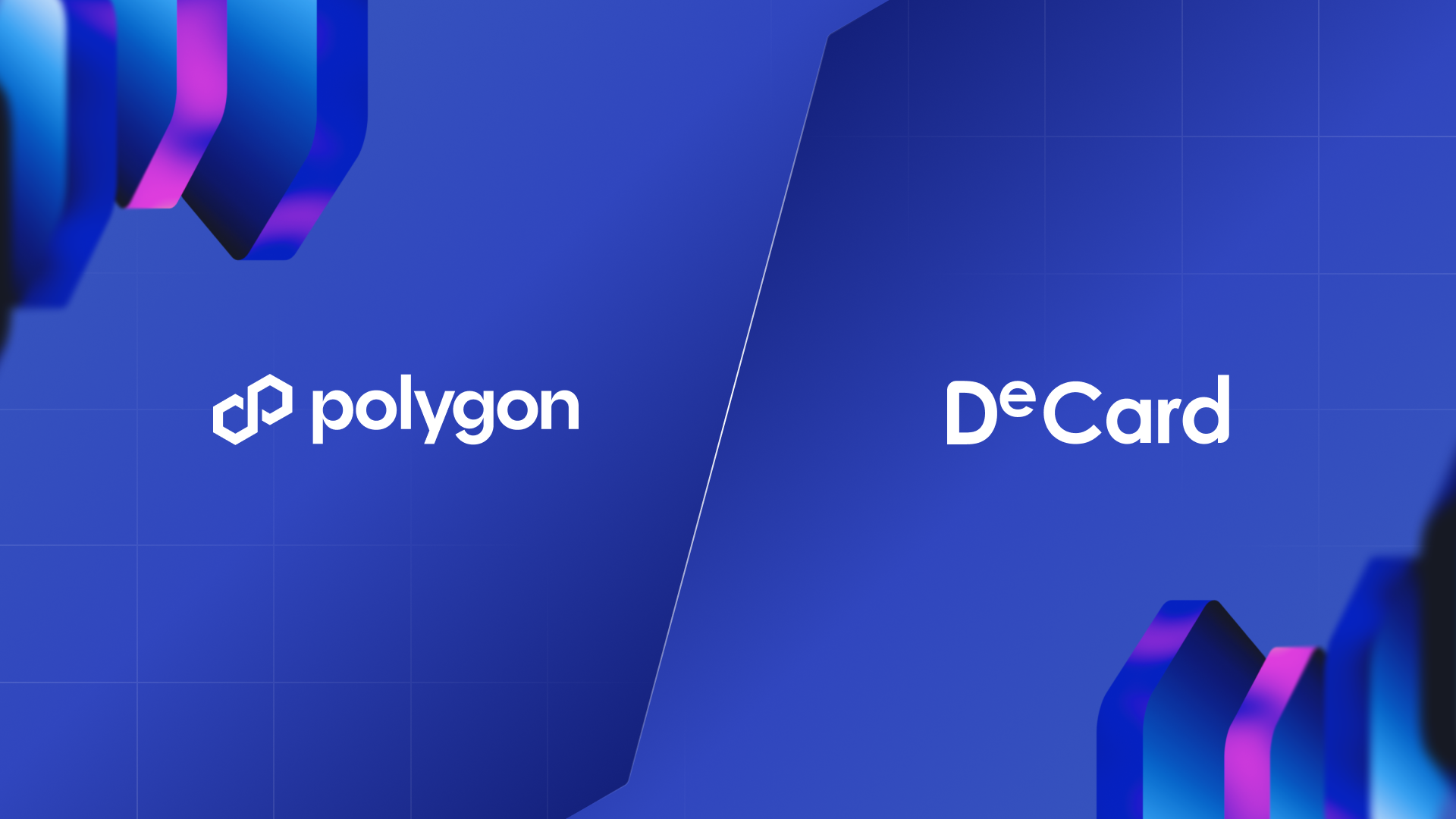
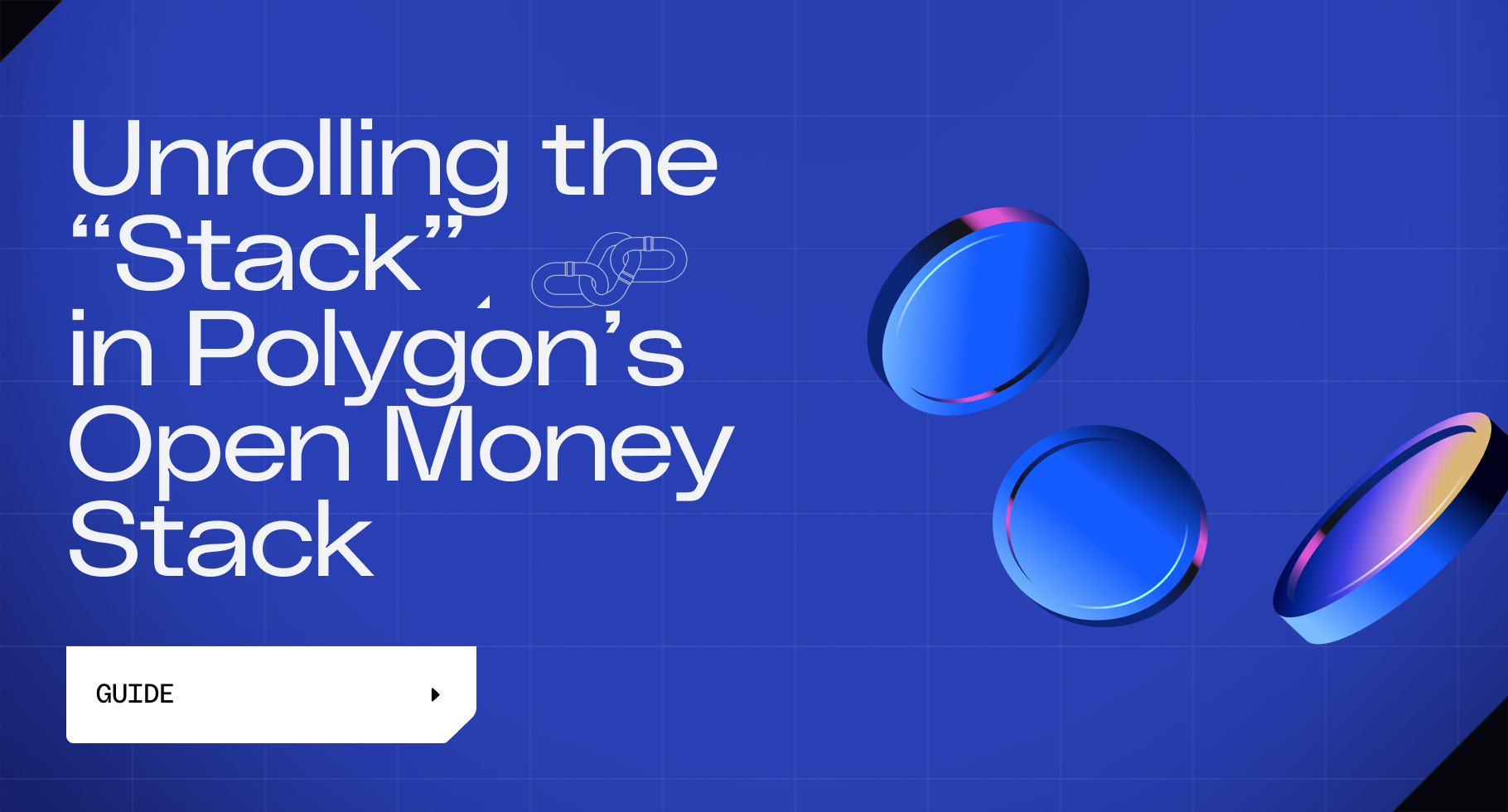
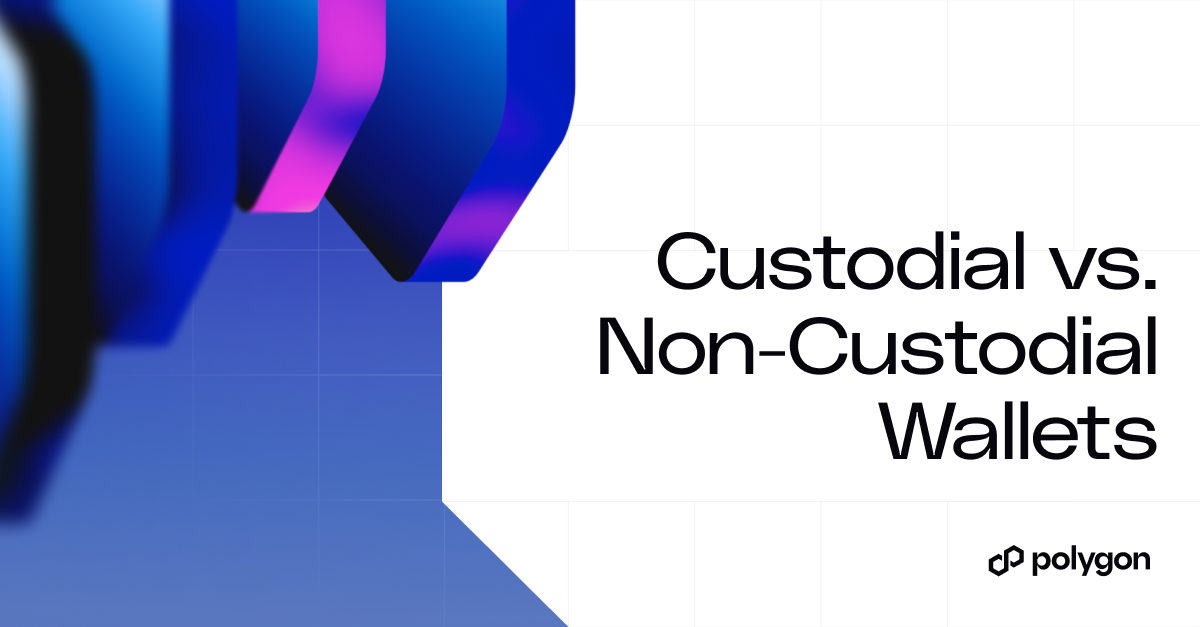
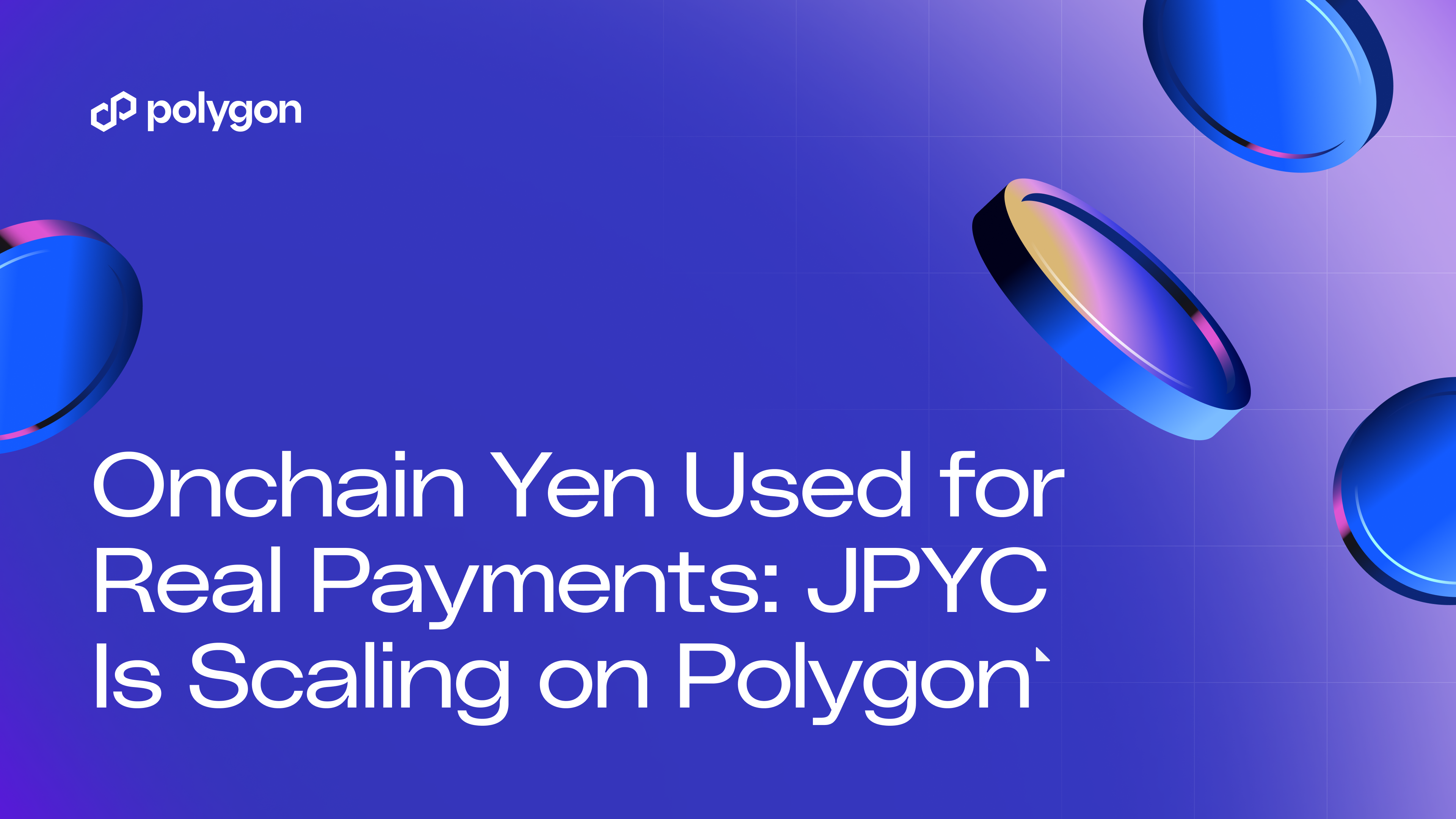
.png)
%20(1).png)
.png)
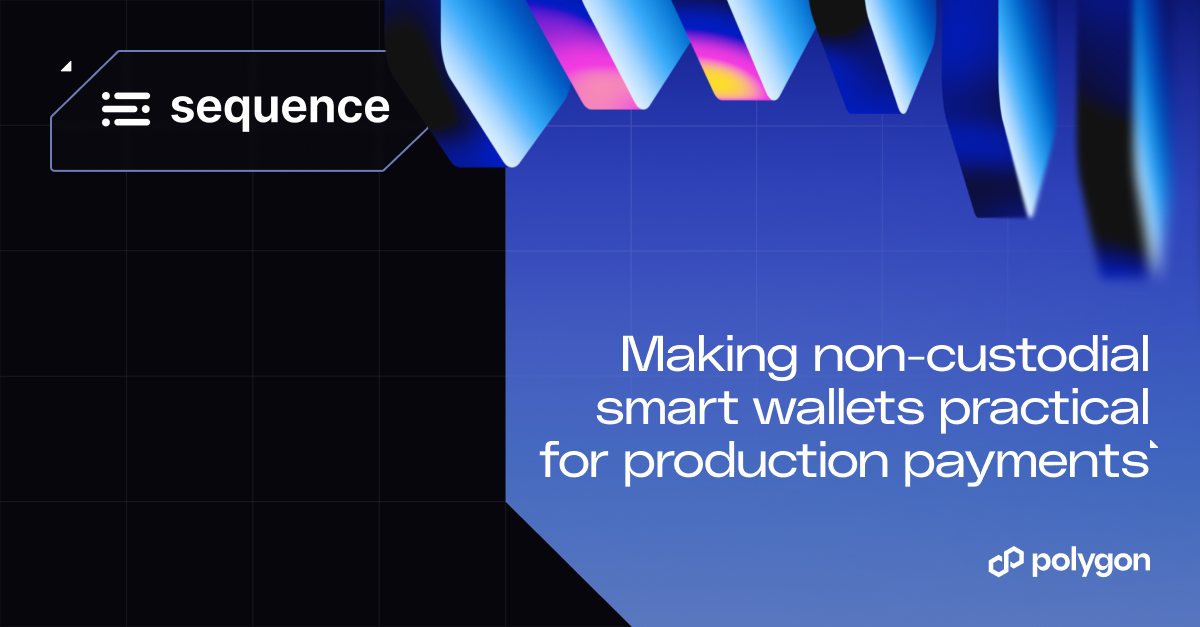


.jpg)
.jpg)